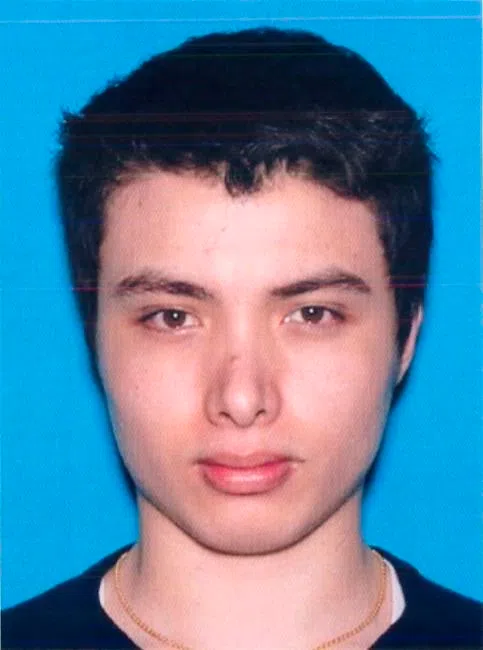
Van attack puts spotlight on violent sentiment in ‘incel’ community:expert
TORONTO — A message allegedly posted by the accused in Toronto’s deadly van attack is shedding light on a mostly male online community that an expert says endorses violent rhetoric against women.
Police have said they are looking into a “cryptic” message posted on Alek Minassian’s Facebook profile minutes before pedestrians were mowed down on a northern stretch of Yonge Street.
Facebook has said it deleted the account associated with the widely circulated post, which refers to involuntary celibacy, often shortened to “incel.”
“The Incel Rebellion has already begun!” the post declared.
